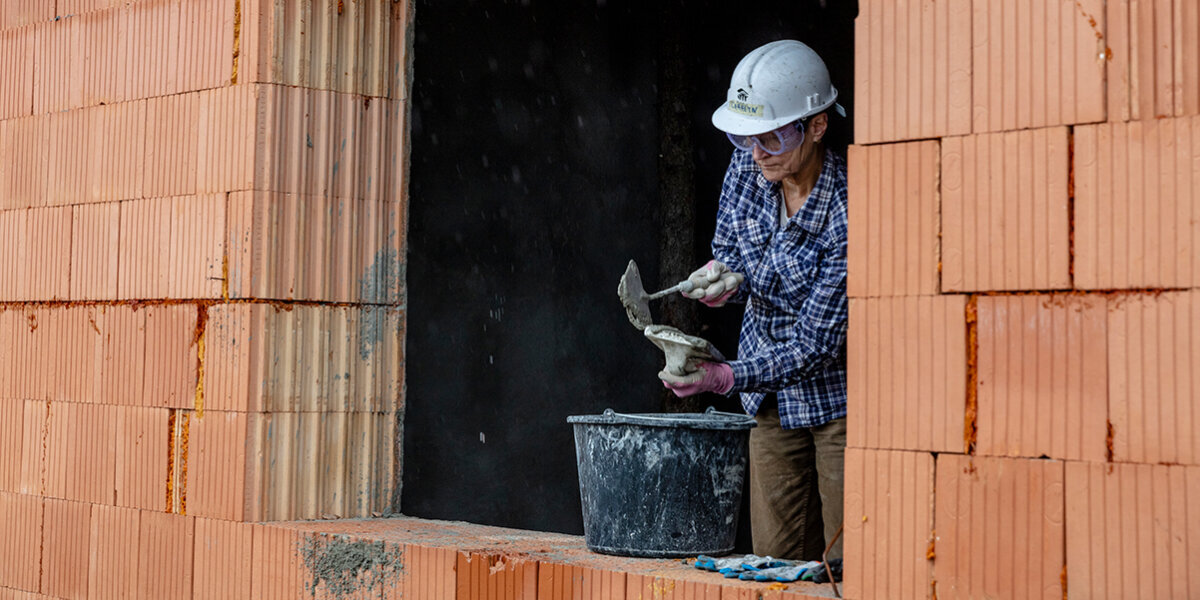

SELF-BUILD HOUSING COOPERATIVE – a group of people, who work together in order to acquire a property to build a neighborhood consisted of multi- or single-family buildings, which then they jointly manage.
Common actions
Self-build housing cooperative is a bottom-up initiative and it serves as a means of meeting the housing needs of its members (not third parties). Members of the cooperative together design a plan of developing the property, so that they create a ‘tailor-made’ neighborhood fit for the group’s needs. Together they solve issues regarding financing and execution of the investment.
The collaboration of the cooperative members is intense until the end of the construction. When the neighborhood is ready, the manage it together, however their involvement in the administrative matters is smaller than in cohousing. Tasks connected to renovations or maintaining the green areas are often commissioned to external subcontractors. The group usually has a hierarchical character and decisions regarding day-to-day business are not made by the entirety of the group, but rather by the board. Decisions are usually made through voting – there is no need to make them through achieving a consensus, which is typical for cohousing.
In Poland the way of managing a cooperative is based on its size – specifically the amount of living units it consists of. ‘If there is – together with the unseparated – more than seven separated premises, the owners of the premises must prepare a resolution on selecting a single- or multi-persons board’ (the 1994 Act on the Property Law 20(1)). In the case of a lesser amount of premises, there is no need to select a board.
The structure of ownership
Cooperatives vary by the structure of ownership, but usually particular houses/apartments are a private property and the common area is jointly owned by the members. It happens that members establish an association and it becomes the sole owner of the common area. Also, cooperatives can be found, where the initiative was funded by third parties – e.g. city companies or NGOs – in such situations they are the owners of the property and the inhabitants use the neighborhood on a lease.
Legal form (in accordance to the Polish law)
In Poland self-build housing cooperatives while in construction, can operate based on a cooperation agreement or civil law partnership agreement. After the end of works and separation of living units, the cooperative becomes a housing association.
Common space/private space
Cooperatives are dominated by private spaces – every household occupies a separate apartment/house in which there are all basic rooms (kitchen, bathroom, bedroom etc.). There is a common space/area, but its share in the neighborhood is smaller than in cohousing – this space can include a common garden or playing ground for children, but usually there is no common house that all inhabitants could use.
Members
Group is consisted of individuals, who aim to fulfil their housing needs, but are not connected by any ideology – cooperative is open to people of all worldviews and lifestyles. A self-build housing cooperative is not a commune, meaning that all inhabitants do not perform jointly any work and they do not share their incomes.
